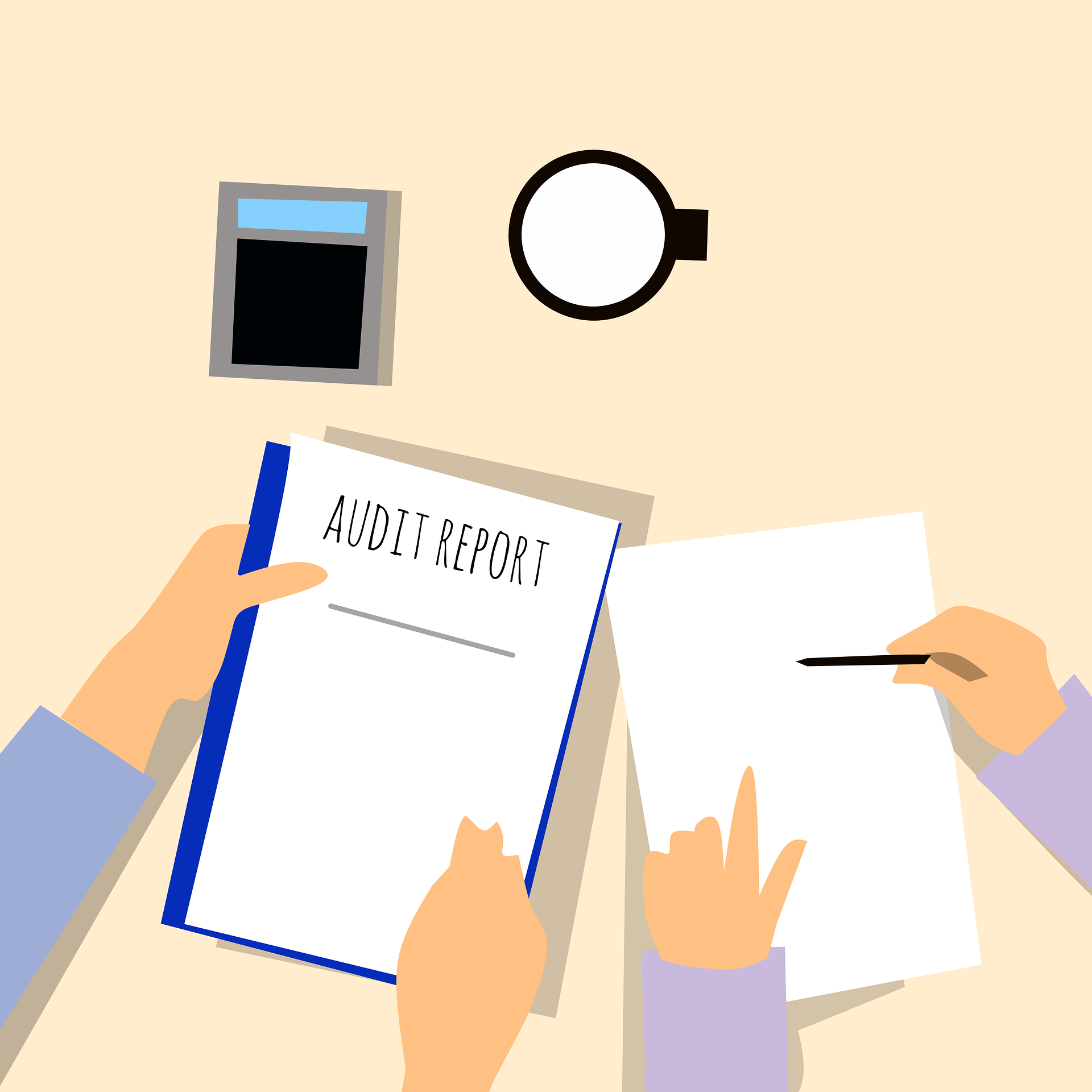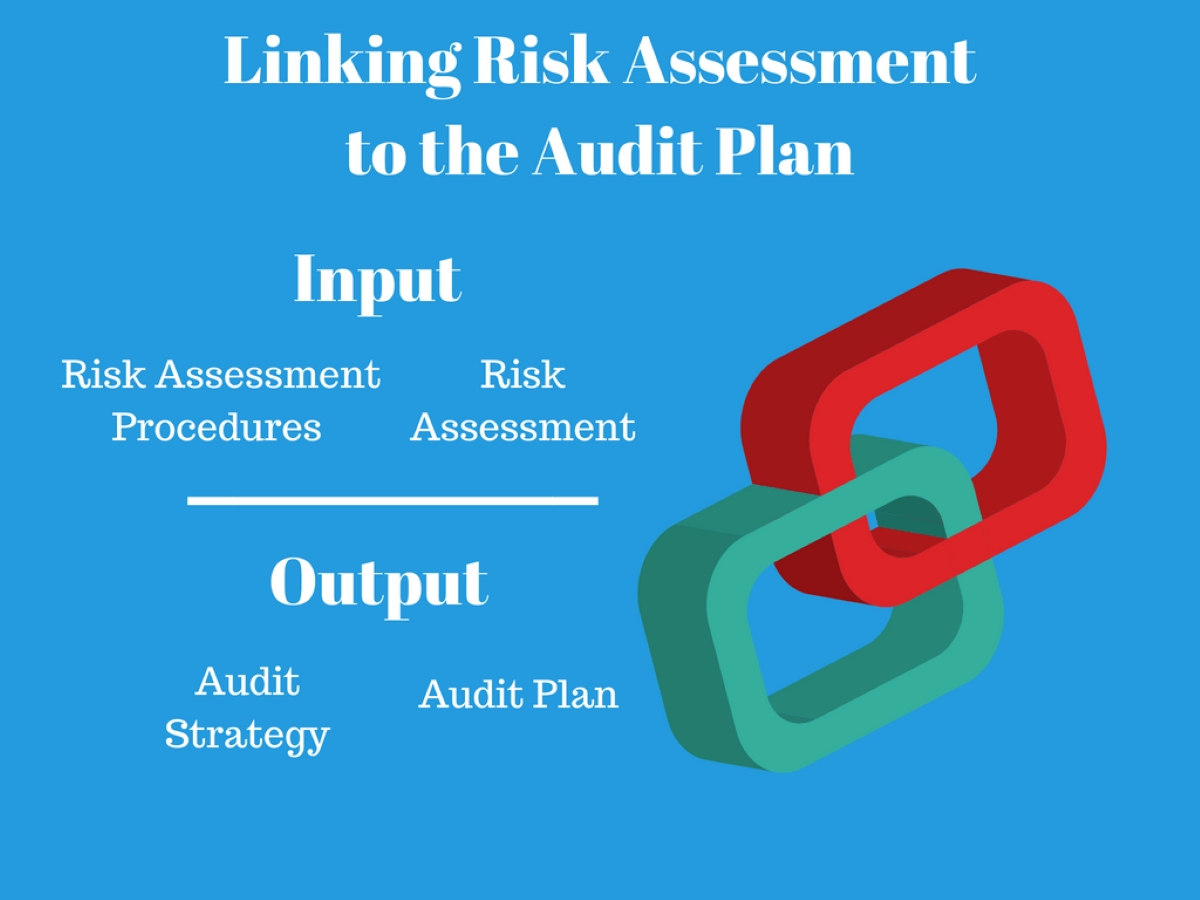

Finance
What Is An Internal Audit?
Modified: September 6, 2023
Meta: An internal audit can provide assurance on an organisation's risk management to governance compliances. But do you know how to implement it? Find out here.
(Many of the links in this article redirect to a specific reviewed product. Your purchase of these products through affiliate links helps to generate commission for LiveWell, at no extra cost. Learn more)
Believe us when we say every successful organization comes with a clear sense of purpose, philosophy and a series of goals. And internal audit the key that bridges the corporate objectives. Regardless if it’s an established organization or a small entity, there are plenty of reasons why an organization needs an internal audit. But let’s first understand what is internal audit and find out how it actually works.
What Is An Internal Audit?

Photo from needpix.com
As a dynamic accounting profession, internal auditors need to be incisive, focused and have a strong sense of integrity and ethics. Though some organizations defy the needs of internal audits, especially for a smaller company, we think otherwise.
Internal auditors need to ensure all organizational policies and procedures comply coherently to the organization’s economic strategy and business practices. To do so, an internal auditor needs to oversee and provide accurate financial guidance including risk management.
Overall, internal auditors must fulfil all the internal audit objectives and improve an organization’s operating practices to gain competitive advantages.
What Is The Process Involved In Internal Auditing?

Photo from Unsplash
If you think the internal auditors are working on a solo basis, you’re quite wrong. In fact, this role requires wide involvement across all areas of an organization in which it can range from core areas like financial control, supply chain, and IT.
Internal audit can be helpful for an organization to alert management of the gaps in policy compliance. So let’s say in the process of auditing, your auditor detected a case of fraud; it’s their duty to impart analytical thinking and negotiating skills to resolve the problem critically.
However, in a certain case, apart from auditing; it’s their duty to pony up a strategic plan to minimize the risk exposure for the company.
On a daily basis, what’s really involved in internal auditing can be varied depending on the company’s requirements. But, one thing that must be applied in this role is the involvement in ad hoc investigations, overseeing the operational and financial processes.
And once an internal audit report is finalized, it has to be presented to the CEO and the board of members. From the reviews, it eases the board members can effectively identify the areas that thrive and which that needed more attention. Subsequently, adjustments are made according to the strategic needs of an organization.
Generally, the role of an internal auditor is not limited only to the organizations’ tangible aspects but rather as a whole to refine a superlative business ethic and culture.
Why Does An Organisation Need Internal Auditing?
Larger organizations are capable to delegate its resources for internal auditing. But what if you’re a small entity with little to no resources to spare, do you still need an internal audit? The answer is yes. And that is especially essential if you’re providing compliant services.
Internal auditing makes sure business owners are well aware of what’s happening around you. When a problem arises, it effectively bridges the gap of the governance compliances. In case of an internal feud, internal audit is a vital role to help executives generalize an effective conclusion.
And since an internal audit is independent and unbiased, reports can be generated at any frequency. All in all, it’s the best way to safeguard against potential fraud, ethicality abuse, and ensure regulatory compliances.
Although an internal audit doesn’t help an organization to generate avenue and can be time-consuming. However, they are profoundly important to the survival of an organization.
Unlike an external audit, investing in an internal audit gives the business owner a peace of mind for its status and functionalities. Mainly because internal auditors are capable to provide insights beyond the financial statements.
Organizations’ reputations, employee treatments, economic strategy are all taken into account when internal auditing is conducted.
6 Simple Ways To Perform Internal Audit Effectively

Internal auditing can be quite complex and time-consuming, but with proper guidelines and methodology, internal audit can be performed efficiently. But prior to any auditing events, here are some of the auditing essentials you need:
- Internal Auditor(s)
- Auditing Checklist
- Proper Auditing Systems
- Audit Plan & Execution
Step 1: Identifying the Needs of Internal Audit
In order to provide a solution, first, we need to critically identify the problem. And though in this case, it’s not necessary for a problem to arise for internal auditing; it can be a monthly auditing process to bridge the gap of business compliances.
Internal auditing is highly dependable on the risks of the processes. That means, the higher the risks in the specific area of your businesses, the more attention and priority should be given. Hence, it’s essential to make a list of priorities according to the function’s needs.
Step 2: Know When You Need to Audit
Unlike an external audit, management systems such as ISO 9001, ISO 14001 and OHSAS 18001 require an internal audit to be scheduled at planned intervals. However, no specific frequency is required. Depending on an organization’s needs, some might schedule internal audits on a monthly basis and some with an annual timeline.
However, it all comes down to the urgency and depends on the business processes. For example, human resources function only requires an annual audit of records. But the manufacturing department requires an audit on a daily basis for quality control. The higher the risks, the more frequent an internal audit needed to be carried out.
Step 3: Create An Audit Calendar
Structured and systematic systems mean lower risks of errors and higher efficiency. When an audit is scheduled on the business calendar, there’s room for every function to prepare in advance.
Let’s a dentist needs their client to make an appointment for their treatment, likewise, you need to notify your colleague for an audit. This way, they have time to prepare all the necessary documents, files, and reports for uninterrupted audits.
Ultimately, the more prepared the auditor is, the more efficient the auditing process. However, in the case of a fraud suspicion, an audit should be spontaneous. That is to avoid giving the counterpart an opportunity to destroy any necessary evidence.
Step 4: Oversee the Conduct of Internal Audit
There are plenty of internal auditing methods. That includes documentation review, employee interviewing and observation. Surely, for optimal results, different methods or combinations are applied depending on the job scope and work conditions.
For example, in the case of unethical practice in the finance department; a combination of auditing is preferable rather than just one-dimensional auditing.
An auditor needs to have a clear and in-depth understanding of the policies and procedures related to the process to verify the records accordingly. During the interview, an auditor needs to be completely unbiased for a fair conclusion. It is only fair if you give the auditees a chance to clear up its doubts to justify its actions.
Step 5: Documenting the Findings
This is a crucial step as it’ll affect the results as a whole. Thought the findings can be different in the end, it is important to record every detail, data, and number accurately.
These records may be the solution to your question. But it can also be the downfall of the organization.
Hence, if an auditor is using a combination of auditing methods, all findings must be processed for a fair discussion. For example, an auditor needs to look into the observation report for fair justification instead of focusing only on the notes from an interview process.
Step 6: Report Findings
In order to avoid confusion, an auditor should create an easy to read the audit report. Besides, the data should focus highly on facts but that doesn’t mean you should neglect other factors too. That is to facilitate a fair, effective and efficient decision-making process. It’s also good to include a strategic plan and recommendations at the end of the report findings.
Takeaway
Every organization needs internal audits, regardless if it’s a large organization or small entity. Though it’s not a money generating role in the organization, it definitely brings more good than harm. So, what’s your decision? To be an internal auditor or not?














